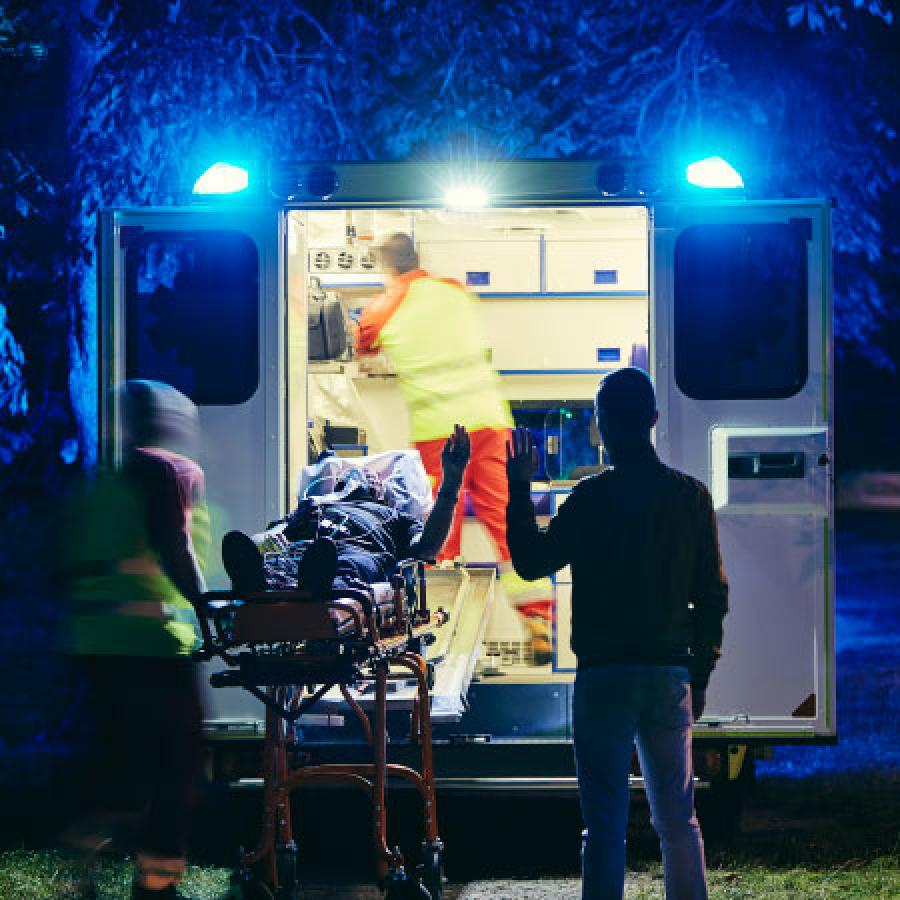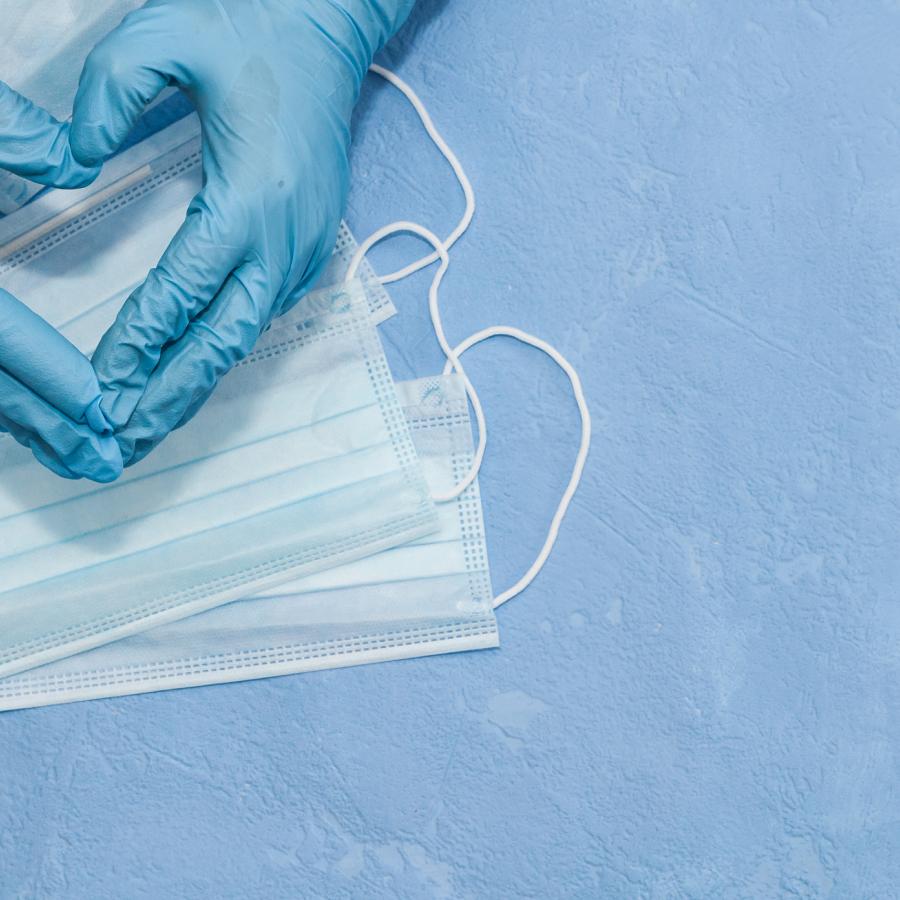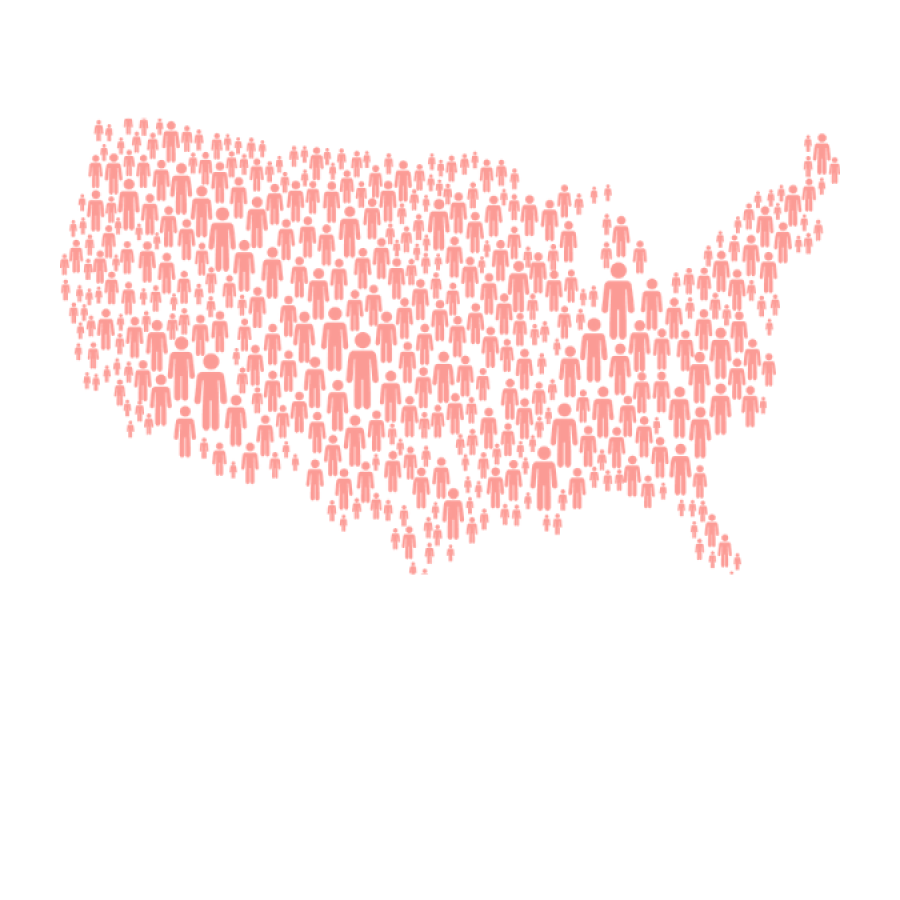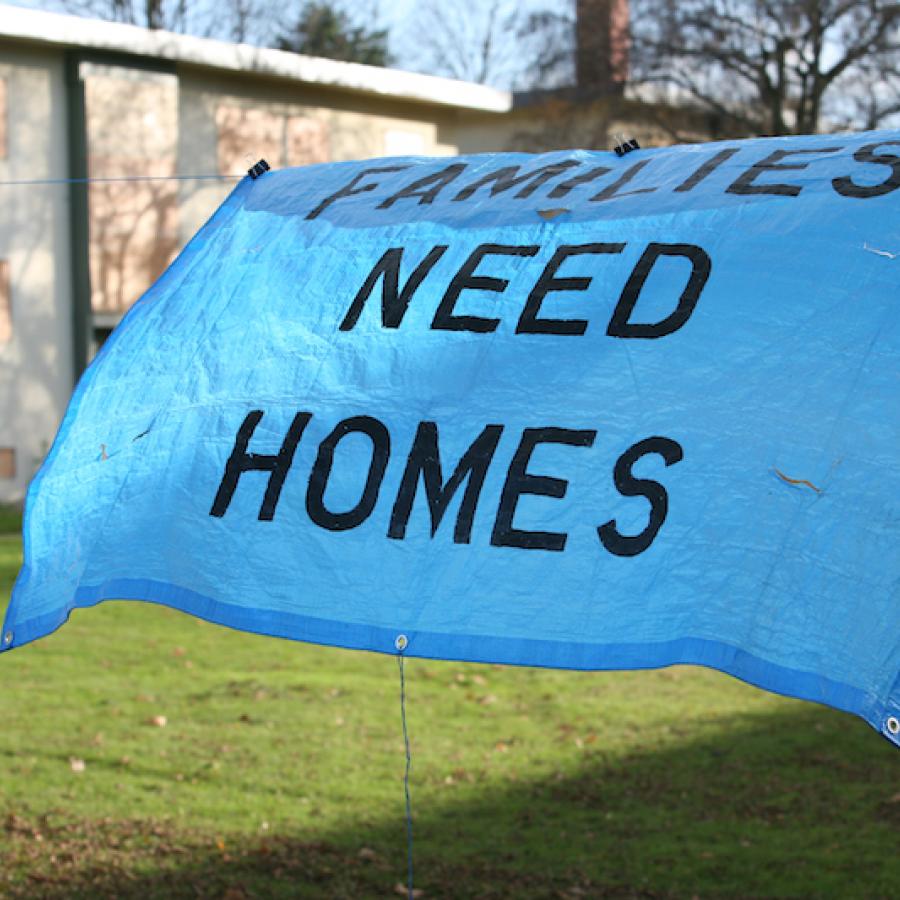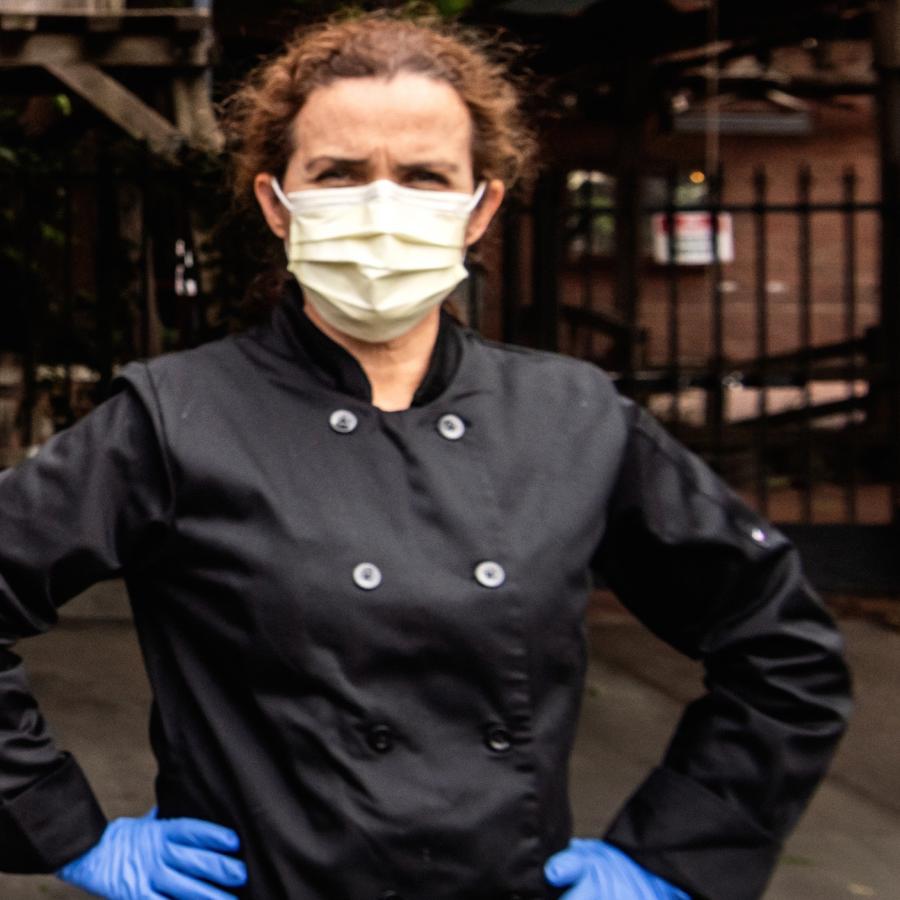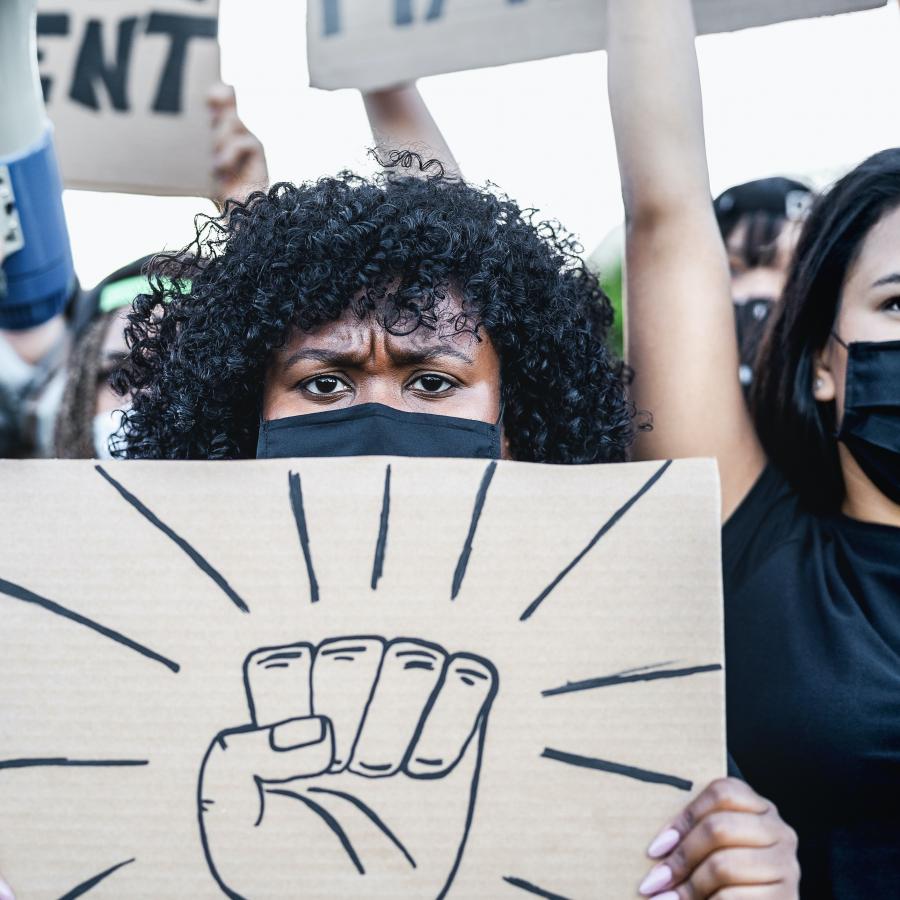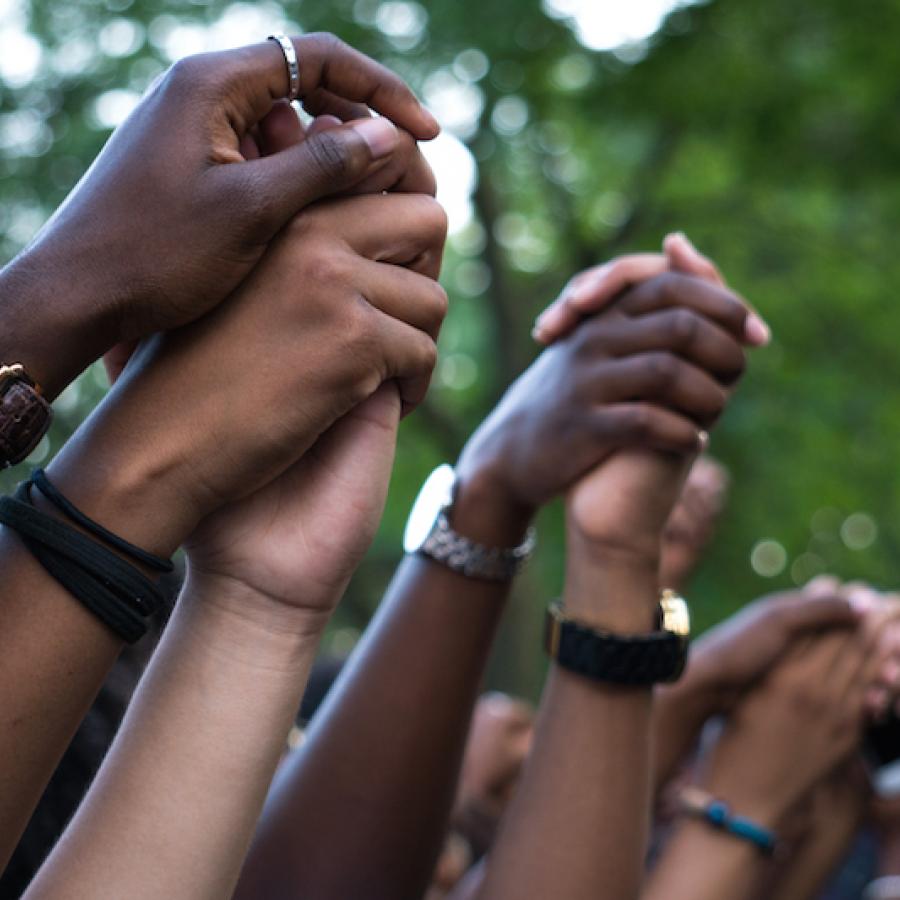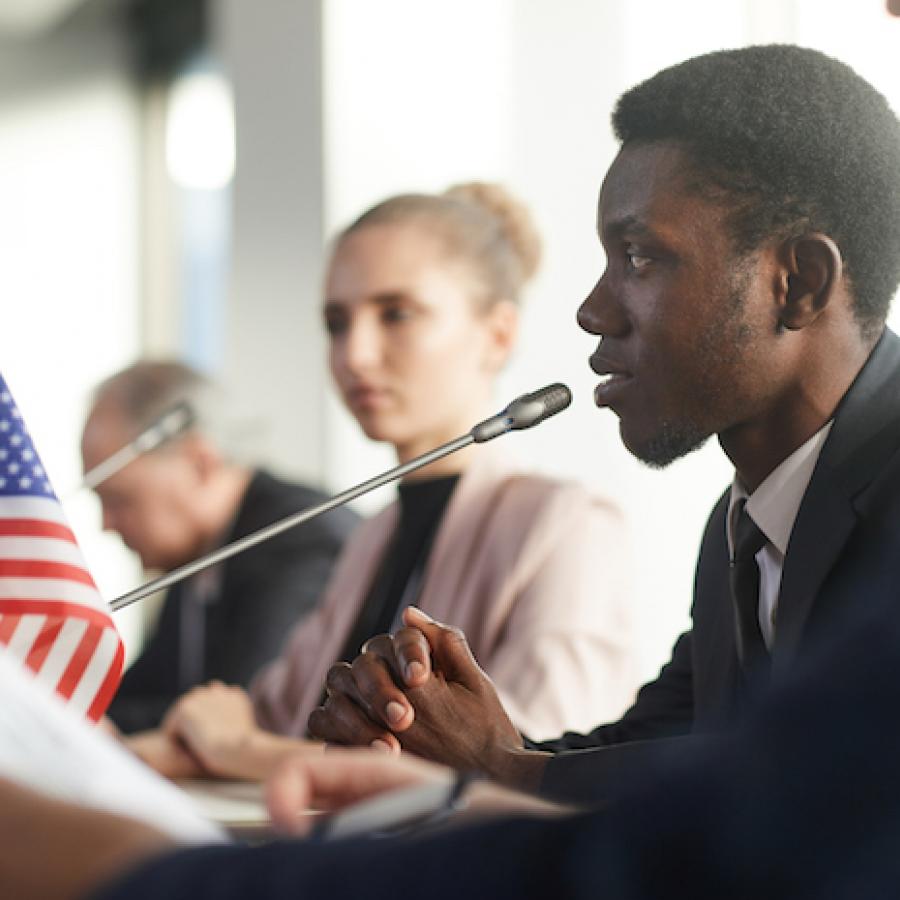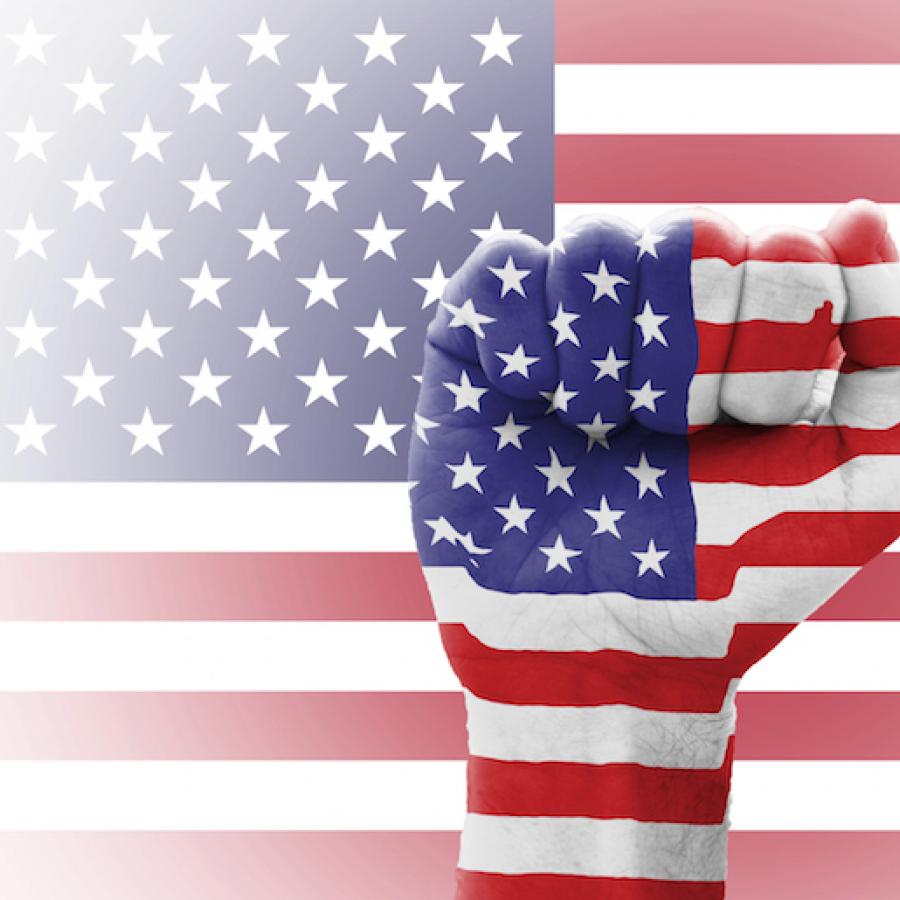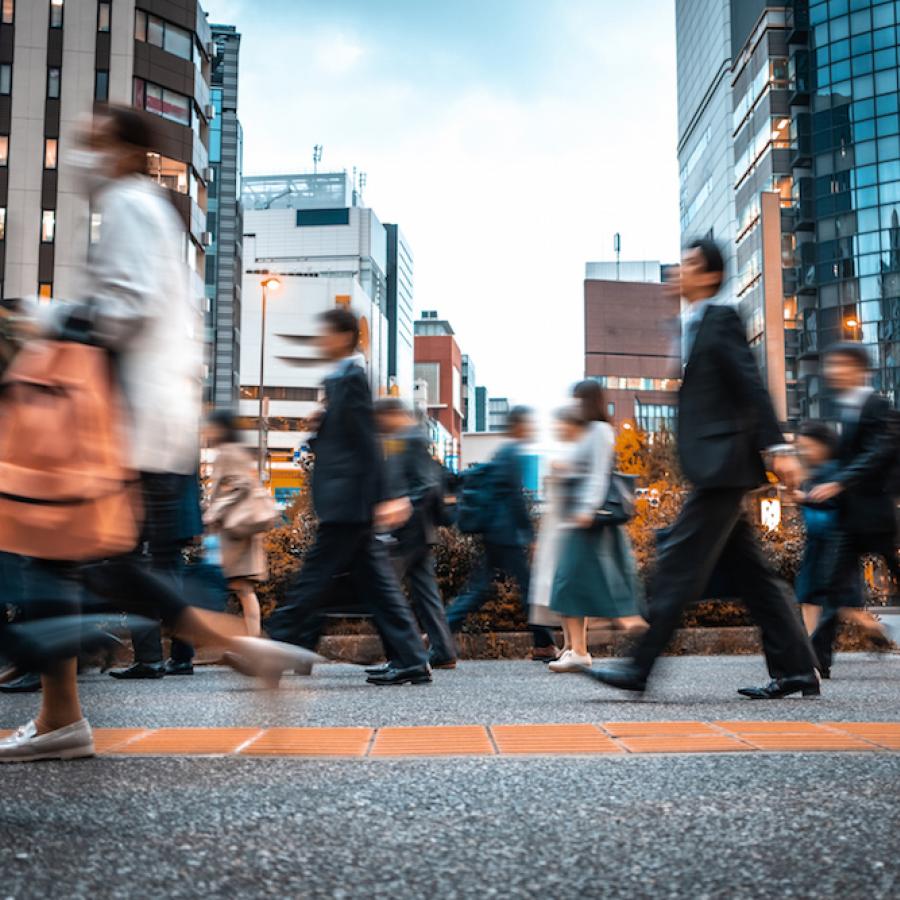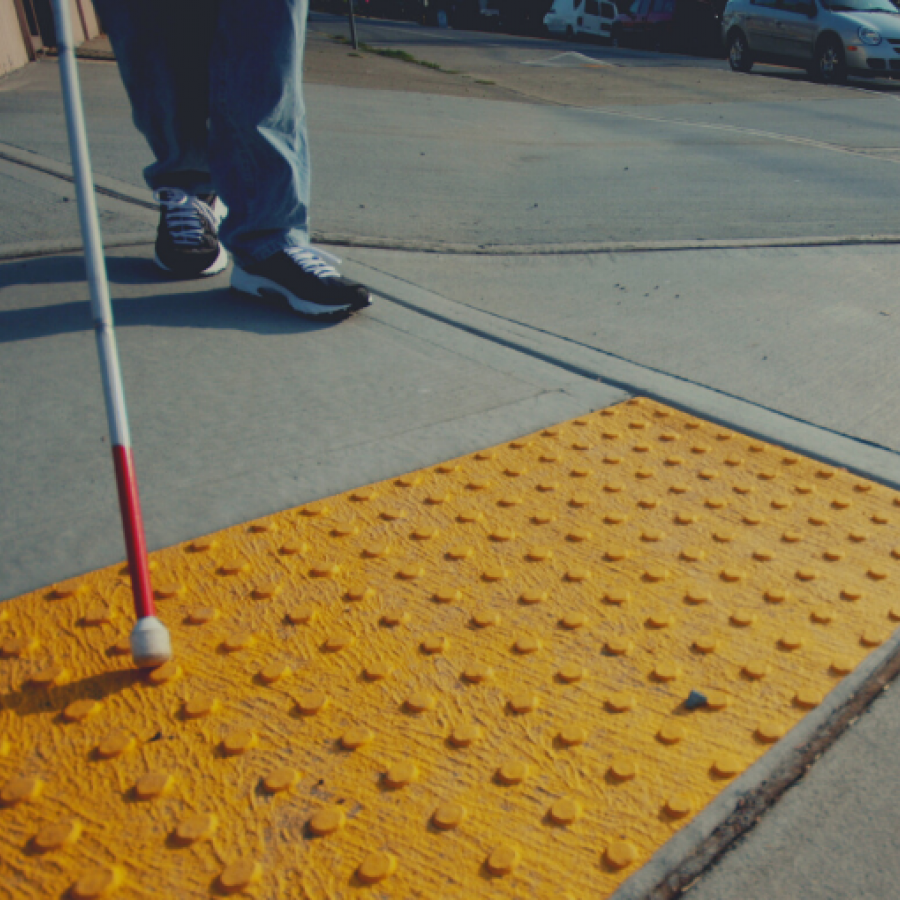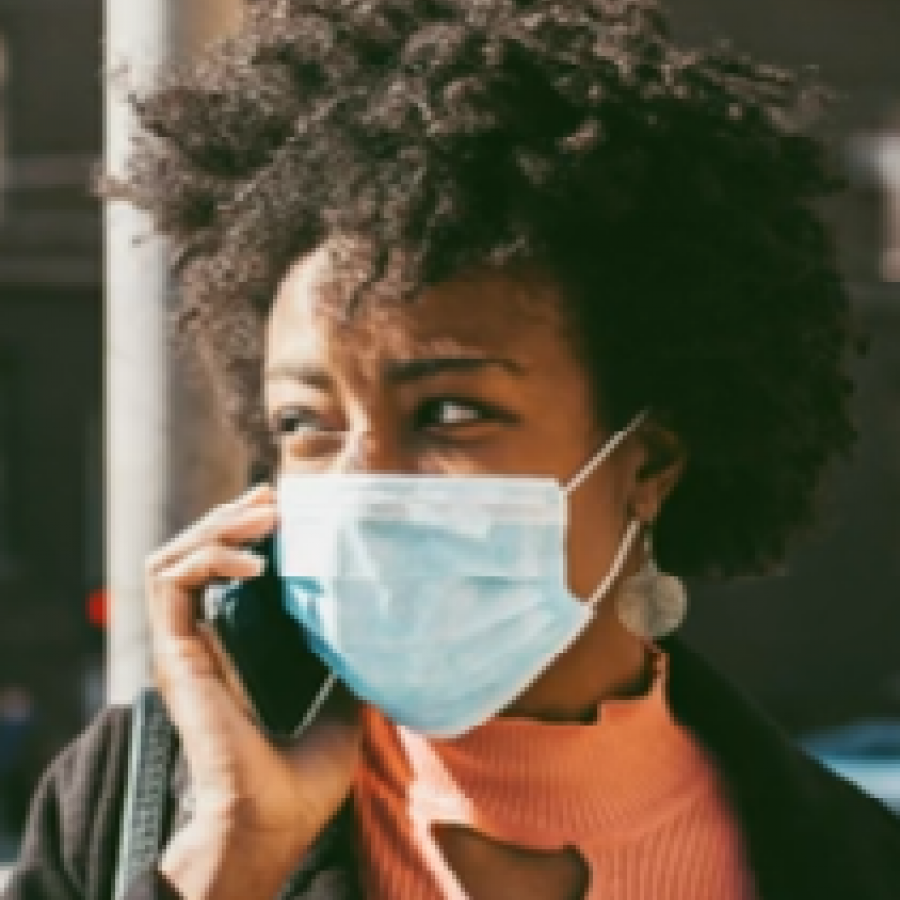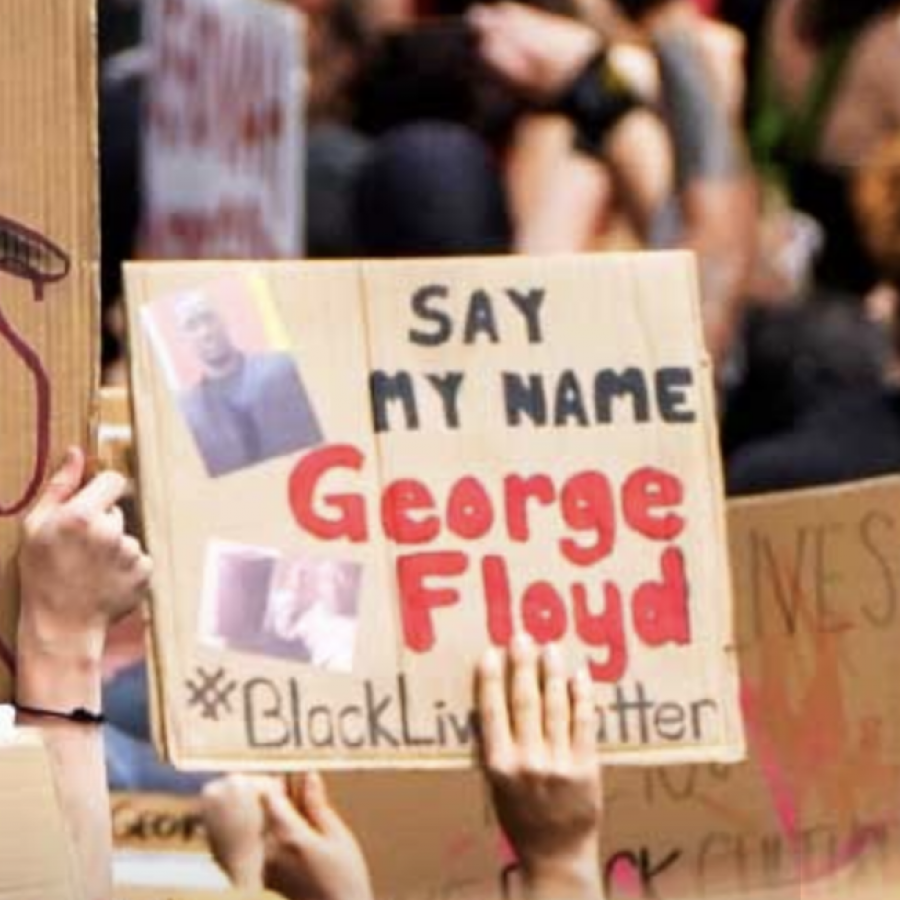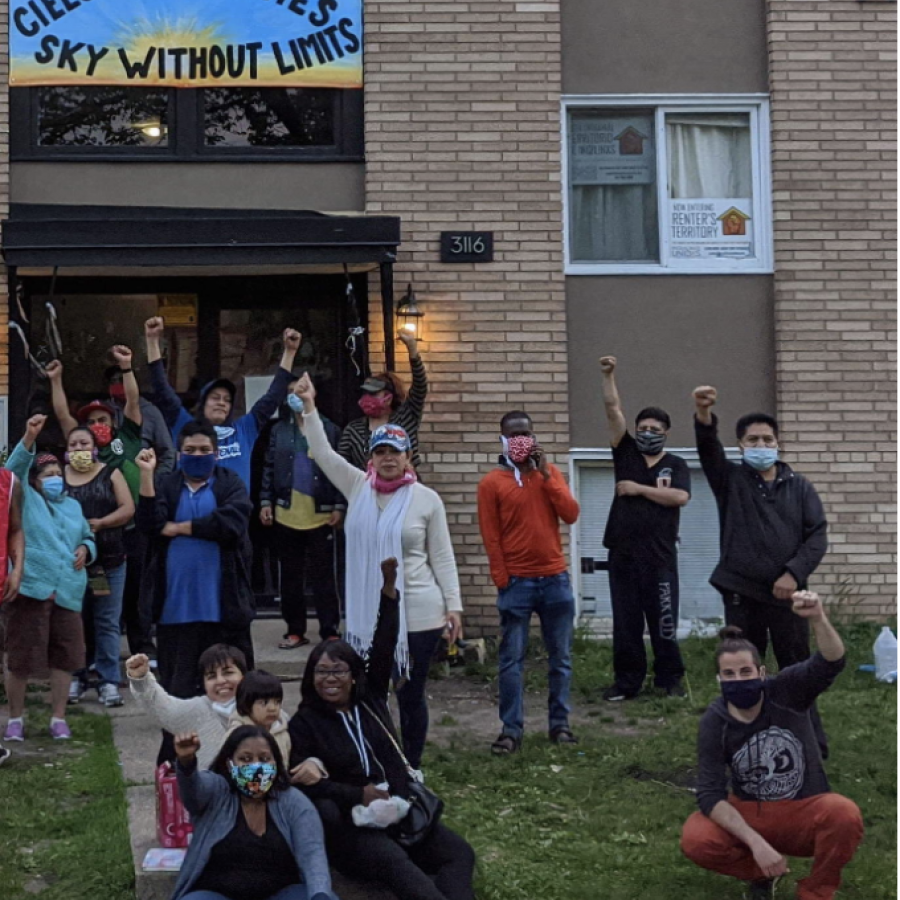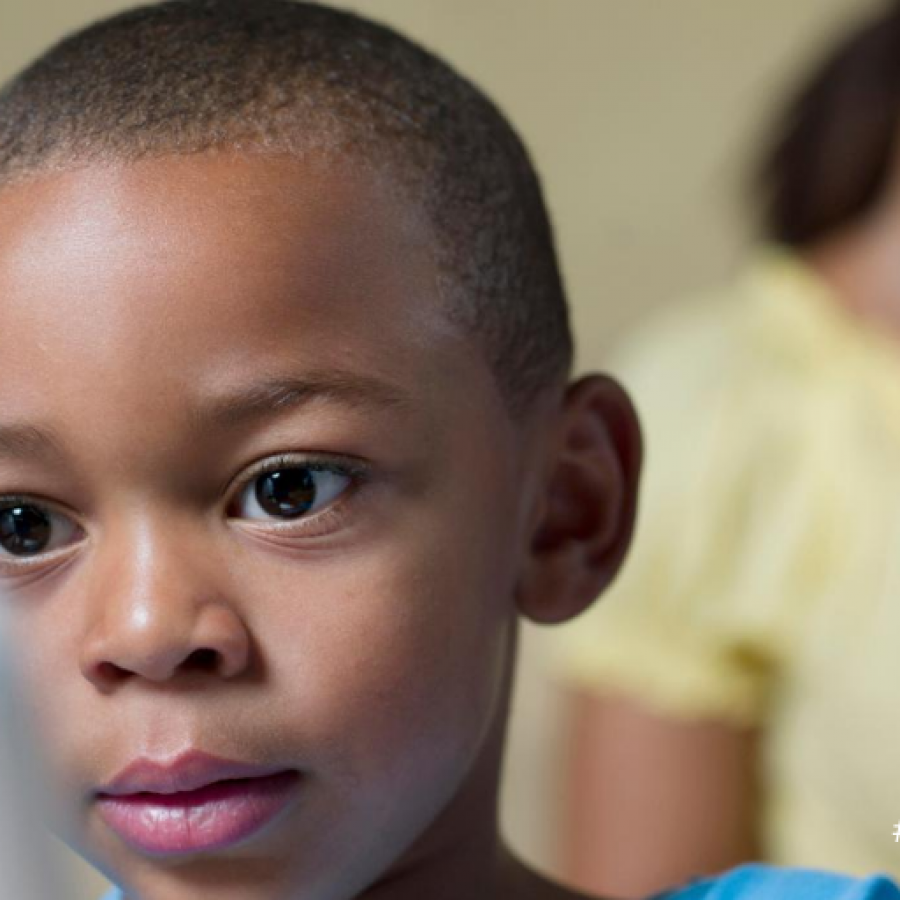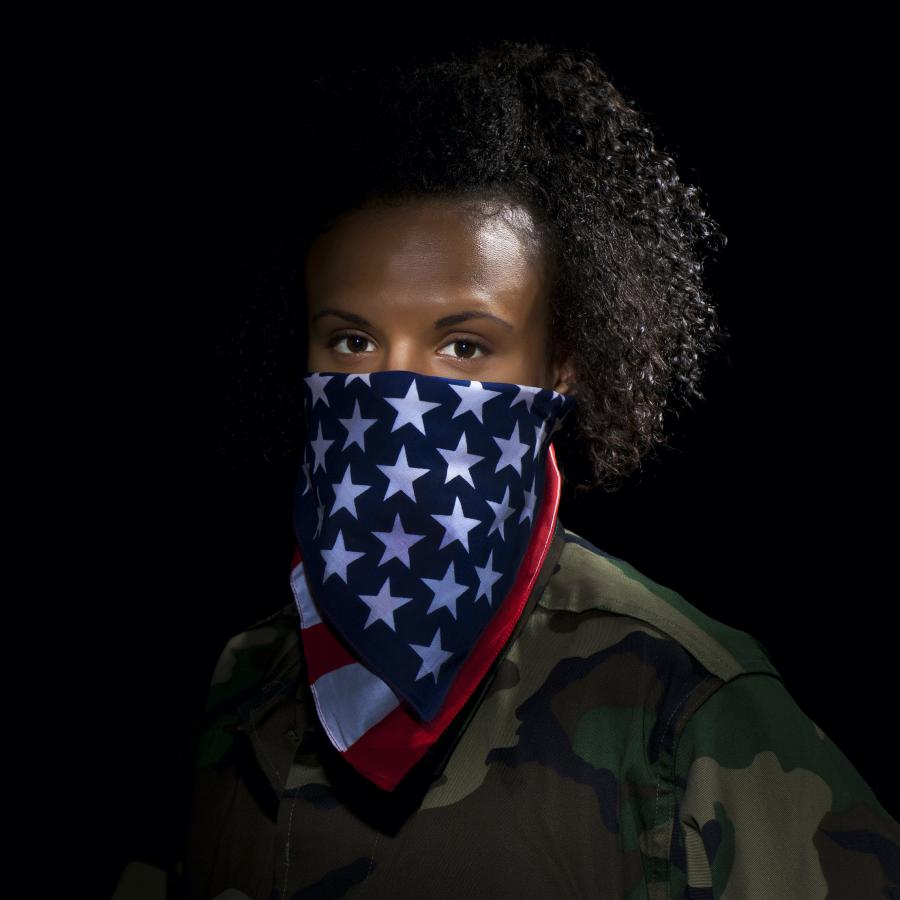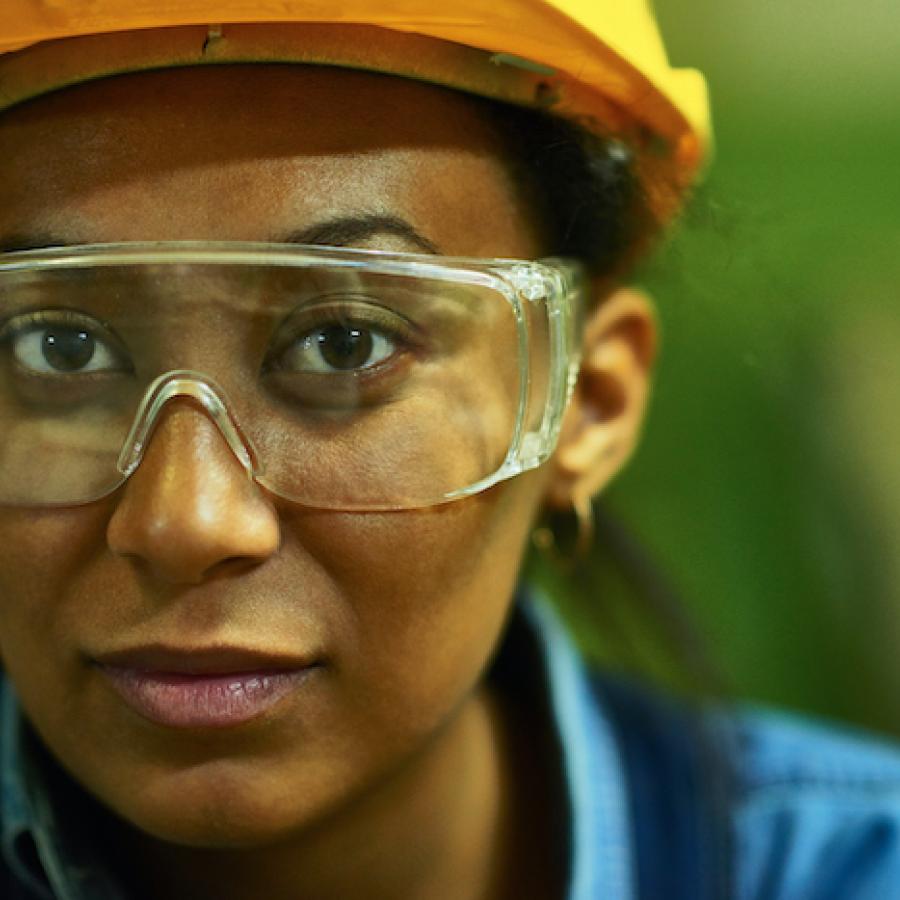Hurricane Katrina’s lessons for economic renewal, how evictions could impact the election, and the Covid crisis for children, in this week’s Covid, Race, and the Revolution.
Issue No. 20. August 26, 2020
Hurricane Katrina’s Lessons for Transformative Recovery
By Ashleigh Gardere
As a disaster bears down, low-income residents — primarily Black people and people of color — are trapped in harm’s way. Job losses and disruptions to education accrue to families who can least afford them. Government’s response fails to meet the needs of those most essential to our economy. And all of this suffering due to failed public infrastructure. From the devastation of Hurricane Katrina in 2005 to the coronavirus pandemic in 2020, it is hard to believe we find ourselves back at square one.
Now, on the 15th anniversary of Hurricane Katrina, the nation can uncover lessons about what’s needed to turn crisis into opportunity for transformative recovery. And we are reminded of the limitations of strategies that fix systems without addressing the entrenched structures that undergird racial inequity.
Hurricane Katrina’s destruction was so complete that it required New Orleans to reimagine and rebuild every single system essential to modern civilization, from housing to health care, education to economics, criminal justice to transportation. Out of necessity, residents, businesses, and community leaders learned to collectively address the immediate needs of family and community while planning for and building toward our radical aspirations for a future New Orleans that was better than the one we lost. We were good stewards of the nation’s $120 billion investment in New Orleans’ recovery.
Working together, we invested in resident engagement to set priorities for rebuilding. We funded culture bearers to help reach and engage residents throughout the post-Katrina diaspora. We invested in community groups and resident leaders to fully participate in (and sometimes redirect) neighborhood plans. We adjusted voting requirements and polling sites to expand access to voting during the height of our exodus experience.
We reimagined systems to work better for people. We rebuilt neighborhoods making affordable housing available to low-income families, with greater access to new community centers, hospitals, libraries, schools, and parks. We developed climate resilience plans, invested in coastal protection and built one of the most advanced flood protection systems in the world. We built a new health-care system with a network of community-based clinics that serve patients in their neighborhoods. We established new policies to decrease the number of people in jail and increase transparency and accountability in the criminal justice system.
We created a new business model for economic development that prioritizes inclusive growth to ensure that benefits accrue not only to legacy business leaders but also to businesses owned by Black people and people of color. We expanded pathways to good jobs with family-sustaining wages to residents of color, returning citizens, and disconnected youth. And we measured our progress, disaggregating outcomes by race.
New Orleans has been recognized nationally for its remarkable comeback. After 15 years of all-in engagement by residents, community groups, philanthropy, government, and business leaders, New Orleans did recover. But, according to the racial equity data, New Orleans did not transform. As in every other city in the nation, the racial wealth gap persists. The Covid crisis threatens New Orleans’ future — and that of every other American city. Our economies have been shattered.
New Orleans’ post-Katrina recovery experience teaches practitioners and policymakers that even the most inclusive planning, the smartest program innovations, the most thoughtful policy reform and systems-change efforts are no match for the nation’s 400-year-old social, political, and economic structures, introduced with the arrival of the first slave ships to New America’s shores. Leaders continue to invest their best thinking and action without recognizing that the structures that govern our democracy and economy have been designed to exclude Black people and people of color and, as a result, limit the entire nation’s progress.
Despite our best intentions, as leaders we employ race-neutral strategies expecting to achieve racial equity, convinced that “a rising tide lifts all boats.” And so we fail to center people over profits, always in a negotiation with the economic markets.
One example: after Katrina, New Orleans lobbied for and benefited from state tax credits to incentivize technology companies to locate and grow in the city. Everyone working on recovery knew we needed a knowledge economy to grow good jobs and ensure the region’s future. So leaders built technology infrastructure based on the industry’s needs. Then, we convened companies and encouraged them to hire local residents. We established apprenticeships and coding boot camps, invested in STEM programs, and celebrated individual success stories that showcased efforts to diversify the industry.
And still the city has a racial wealth gap, along with a serious digital divide. More than one-third of New Orleanians, mostly Black people, do not have internet access at home, precisely when the pandemic requires online access for work, school, and family connections. Everyone knows that access to technology will be key to human survival in the 21st century and beyond. Yet we allow market-based forces, rather than the needs of people, to dictate who has the computers and internet access needed to learn, work, and prosper.
What if we consider broadband a basic human right made available to all, an essential element of any city’s 21st century infrastructure? As the Covid crisis necessitates, what if we gave computers to every school-aged child? What if cities invested in a publicly supported wireless network that ensured high-quality internet access to every household?
What if, rather than using technology as a weapon that disproportionately monitors and criminalizes Black people and people of color, technology was put in their hands and served as a tool for removing racial bias in artificial intelligence, advancing equitable public safety, overcoming impediments to innovation?
Can you imagine what New Orleans — one of the most creative cities in the world — would produce next if we simply provided essential tools to all residents? Now imagine what’s possible for the nation by investing our best in everyone.
The PolicyLink Principles for a Common-Sense, Street-Smart Recovery build on lessons learned from Katrina and the 2008 financial collapse to point the way toward post-Covid economic renewal that realizes the promise of equity and prosperity for all.
Both Hurricane Katrina and Covid-19 reveal the vast inequities in infrastructure investments. One of the most frustrating realities of costly emergency response is that it proves that making substantial equitable investments in core infrastructure was practical and financially feasible all along, if we truly wanted everyone in the nation to be healthy and safe and to participate fully and succeed. Ironically, recognizing critical infrastructure such as clean water, housing, health care, and technology as basic human rights could be the very thing that unlocks the nation’s productivity and restores and strengthens local economies.
Ashleigh Gardere is Senior Advisor to the President and CEO of PolicyLink and Director of the All-In Cities initiative. A leader in post-Katrina economic recovery and inclusive growth in New Orleans, she has been Executive Vice President and Chief Operating Officer at the New Orleans Business Alliance, Senior Advisor to former Mayor Mitch Landrieu, and Vice President of Community Relations at JPMorgan Chase in Louisiana.
News, Analysis, and Commentary, Curated from Around the Web
Why has the US handled the pandemic more disastrously than any other industrialized country? In Foreign Affairs, Jacob Leibenluft points to counterproductive federal leadership, missteps at the state level, structural racism, and an often overlooked factor: the diminished place of the American worker. “A country whose workers lack economic and political power cannot respond to the crisis nearly as quickly or completely as its counterparts,” he writes. Without bringing workers to the decision-making table, the US will struggle to control the virus and restart economic activity.
While the virus has hit men hardest — in the US, twice as many men have died from Covid as women and the pattern is repeated in Western Europe and China — the economic toll falls heaviest on women, the BBC reports. They are losing jobs at a higher rate, and the gender pay gap compounds the hardship because women earned less to begin with.
NPR examines the daunting economic challenges facing undocumented families, through a profile of a family with five people who were all employed before the pandemic. Now, only the 23-year-old daughter is earning money. Many of her friends have also become the sole breadwinner of their families, altering generational dynamics and removing responsibilities that gave parents pride and dignity.
Economist Darrick Hamilton calls for a “paycheck guarantee” to stem the nation’s economic hemorrhaging and direct the most support to those in greatest need: Black workers. Under such a program, he writes in Politico, the federal government would pay workers directly while requiring their employers to keep them on the payroll even if lockdowns and social distancing keep them at home. On the podcast At a Distance, Angela Glover Blackwell discusses why strategies that target the people left behind benefit everyone.
As cities brace for an avalanche of evictions, legal aid lawyers are gearing up to defend low-income renters in court, the New York Times reports. Surveys in large cities show that landlords have legal representation in at least 80 percent of cases, while tenants are represented by lawyers less than 10 percent of the time. A lawyer can make a huge difference: in New York, the first US city to guarantee the right to a lawyer in housing court, 84 percent of tenants who had a lawyer were able to remain in their homes after a housing dispute.
Women are expected to be the majority of the 30 to 40 million Americans at risk of eviction by year’s end, and that could significantly affect the outcome of the November election, the Fuller Project writes. Losing a home — and a stable address to receive voter registration applications, ballots, and change-of-address forms — could deter many women from voting. A recent NPR analysis found that neighborhoods with higher evictions had lower voter turnout than the rest of the city, including other low-income neighborhoods.
More than 370,000 people fell at least 90 days behind on their mortgage payments last month, pushing serious delinquencies to a 10-year high, the Washington Post reports. Despite moratoriums, foreclosures also inched up.
Researchers from UC San Francisco have put out an “urgent call” for race reporting and diverse participation in clinical trials for Covid-19 treatments. One-third of the trials published so far did not indicate the ethnicity or race of participants, and in the other two-thirds, Black patients were underrepresented. Hala Borno, a co-author of the study, tells Stat: “So when you step back and you think about these findings, we observe that today, in the year 2020, in the context of a horrific pandemic that has shone the spotlight on racial-ethnic disparities in the United States, still, investigators are not uniformly collecting or reporting race-ethnicity data in published clinical research to treat the disease that is disproportionately burdening racial or ethnic minorities. And that is outrageous.”
Data on race is also largely obscured in prisons, even though Covid-19 has spread wildly behind bars and the groups most affected — in particular, Black men — have also been disproportionately incarcerated, Stat reports. More than 1,000 inmates and officers have died, and more than 160,000 have been infected nationwide, but only four states — Massachusetts, Tennessee, Vermont, and Washington — proactively report demographic data on coronavirus testing or case counts in prisons.
“With hunger rising, classrooms closing and parental stress surging, the pandemic is a threat to low-income children of epochal proportions, one that could leave an entire generation bearing its scars,” Jason DeParle writes in the New York Times. Recognizing that a society’s future hinges on the health and success of all its young people, at least 17 other countries provide income supplements to poor and, in many instances, middle-income families with children. Until recently, the US seemed unlikely to offer such support, but proposals for a child allowance are now gaining ground. A temporary version, part of the HEROES Act passed by the House, would reduce child poverty by 42 percent — and by more than 50 percent among Black children.
While children were initially thought to be safe from the coronavirus, it is increasingly clear that they, too, are victims of the virus and of failed policy and leadership. A new study by Harvard researchers finds that children have high Covid-19 viral loads, even if they have only mild or no symptoms, raising concerns about the risk of contagion as schools reopen.
Nevertheless, some states and school districts not only remain steadfast in their plans to reopen, but also refuse to disclose details of coronavirus outbreaks in schools, endangering teachers, families, community health, and students themselves, the New York Times reports. After Tennessee announced it will not release the number of confirmed Covid-19 cases linked to schools, Nashville’s daily newspaper, The Tennessean, created a database on public school outbreaks in the region and invited residents to submit reports.
Black mothers around the country are forming their own health and emotional support networks to navigate the pandemic’s impact on their families. Time reports on a range of inspiring initiatives, from a group of mothers in rural Mississippi participating in virtual group therapy, to online training in stress and trauma management led by doulas and community health workers.
Child advocates have feared that pandemic shutdowns would make it difficult to protect children who are being abused, and growing evidence justifies the concern: child abuse reporting has plunged, according to the Washington Post.
At the other end of the age spectrum, the pandemic’s economic impact could be especially devastating for older Americans of color, Jane Tavares writes in The Conversation. Looking to recent history for a guide on what’s ahead, she and a colleague found that in the Great Recession of 2008-2009 Latinx people ages 60 and up lost twice as much net total wealth as White counterparts and had the highest increase in poverty of any demographic group. Older Black people had the second highest increase in poverty. The impact of Covid will probably be worse, Tavares writes, but there are solutions. “Our evidence indicates that stable sources of government income and benefits may keep minority seniors from financial collapse. Anything less than that, and the risks facing these most vulnerable Americans become catastrophic certainties.”
The nation’s racial equity leaders have been spotlighting the hard truth that racial exclusion has been a defining characteristic of our country since its founding. Watch Michael McAfee and other leaders discuss what Black America should demand in the first 100 days of the next presidential administration and beyond.
PolicyLink draws from articles, videos, interviews, and other sources across platforms, as well as from our network of equity leaders and activists, to bring you the latest information about COVID-19 and race. We offer this resource to:
- Provide easy access to information on the dual health and economic crises facing people of color;
- Put and keep racial equity at the center of our collective understanding of the pandemic and the policies needed for relief and recovery; and
- Lift up useful data and insights that can fuel equity advocacy and campaigns.
Please share with your networks and send your ideas and feedback. And follow us on Twitter, LinkedIn, Facebook and Instagram. #COVIDandRace
We hope you find the COVID-19 and Race Series an important tool for keeping up with news about the virus and its impact on communities we serve. As a non-profit organization, PolicyLink is honored to provide resources to support the needs of our nation's 100 million economically insecure individuals. Generous partners like you make our work possible.
Michael McAfee and Angela Glover Blackwell are grateful for the contributions of Fran Smith, Milly Hawk Daniel, Rachel Gichinga, Glenda Johnson, Jennifer Pinto, Heather Tamir, Ana Louie, Janet Dickerson, and Mark Jones to produce the COVID-19 & Race commentary.
